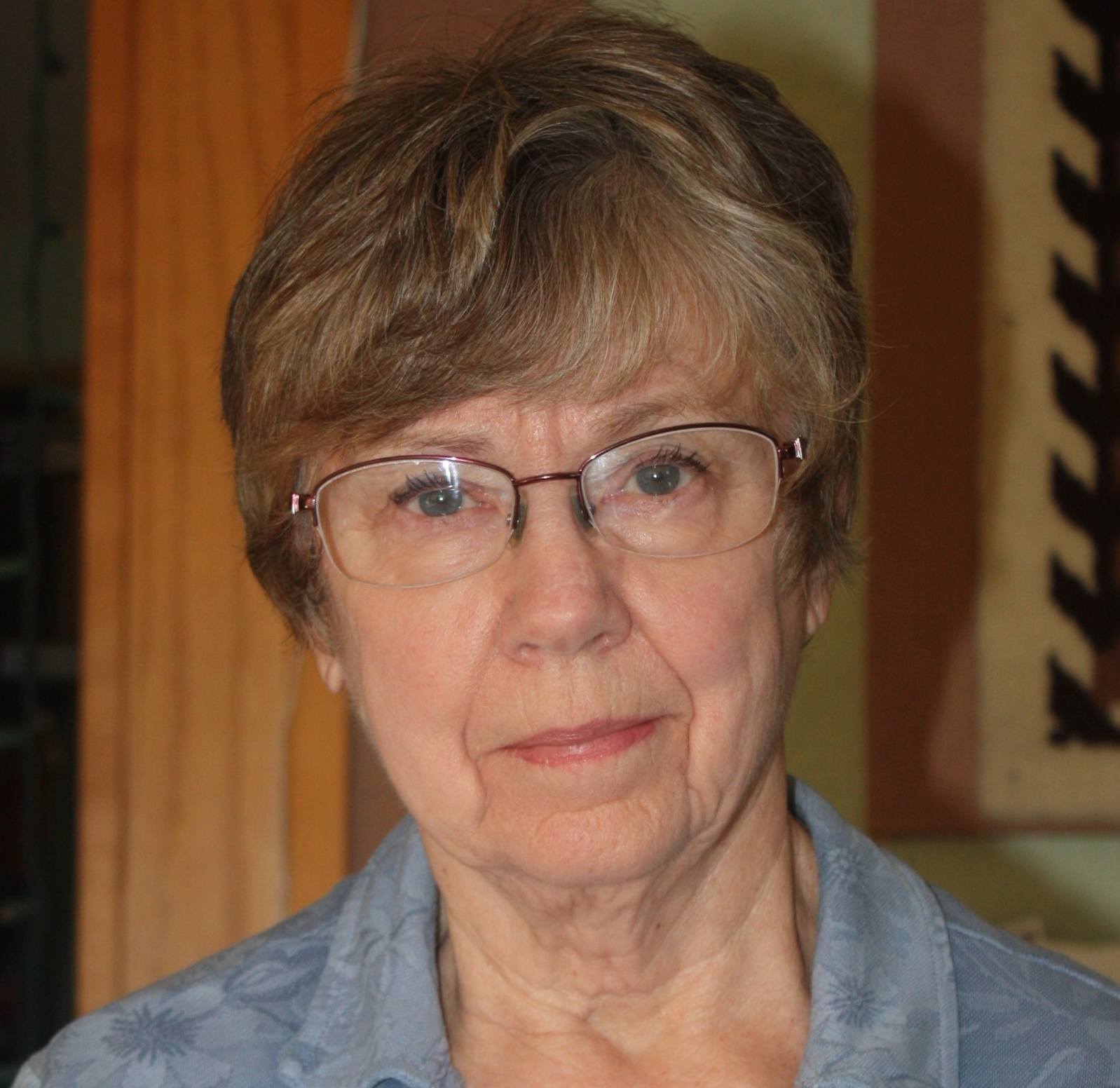Townsend and Broadwater Government Review
 | Author:
Nancy Marks and Keith Hammond
Nancy Marks: MT43 News Secretary and News Editor |
Townsend and Broadwater Government Review
Nancy Marks and Keith Hammond
Keith Hammonds, Publisher of the Boulder Moniter
Adapted by Nancy Marks, MT 43 News
Broadwater County and Townsend have had the same forms of government in place for as long as anyone can remember. But on June 4, voters will have the opportunity to decide if they’d like to contemplate something different.
Montana’s state constitution requires that, every 10 years, all municipalities and counties ask voters to choose whether to establish a commission to study their current form of government and consider alternatives. It is a uniquely Montana requirement, intended to give citizens the power to decide if their local government is appropriately structured. Montana is, in fact, the only U.S. state with such a mandate, yielding a decennial process that’s both geeky and, viewed through the lens of democratic function, gripping.
Broadwater County Commissioners and Townsend City Council have approved the required ballot initiatives at their respective meetings February 21 and 20. The initiatives don’t constitute a commitment to change anything. They simply let voters decide to elect a commission charged with completing a study along with an Ex-officio member who is appointed by the governing body. If voters say yes, at least three study commissioners are elected in the following general election Nov. 5.
The commission then has up to two years to do its work. It must hold at least one public meeting to disseminate information and invite comment and then another to present its findings. Ultimately, the commission can either decide on no change to the existing government form or recommend something new. That recommendation can entail an amendment to the current plan of government, or a new plan. The commission also can recommend a consolidation of a county and municipality or the merger of multiple counties. Any recommendation would go before voters.
……………For the study to go forward, voters must approve a mill levy or an amount of funding not to exceed a dollar amount, to support expenses of the commission. Estimate of potential expenses vary and ultimately are up to the county or municipality: the Local Government Center at Montana State University, which advises governments on the study process, has described a sample budget of $17,000 for studies by smaller municipalities, but it notes that actual expenses depend on local needs and expectations.
Townsend City Council allocated up to $22,600 for the study at its February 20 meeting. County Commissioners put the number at $27,000, should the voters opt to commission a study.
In 2004 and a decade earlier, in 1994, Broadwater County voters opted for a study commission, but they voted not to change forms of government. Statewide, according to the Local Government Center, the number of study commissions has declined over time. In 2014, voters in just 11 of 56 counties voted for commissions and none of those studies produced recommendations for change. Among municipalities in 2014, 49 supported study commissioners: only five produced ballot proposals for changes, down from 28 in 2006 – and none of those passed.
Besides the charter model, there are five essential forms of local government described by state law: Broadwater County and most other counties operate under a Commission government wherein commissioners, elected to six- year terms, collectively head the county’s legislative, executive and administrative functions other than the powers and duties of local government not specifically reserved by law or ordinance to other elected officers - County Attorney, Sheriff, Treasurer, Clerk and Recorder, Clerk of District Court and Justice of the Peace.
In the “Presiding Officer” version, a chair elected by the commissioners is head of the local government.
Townsend, like most Montana municipalities, has a Council-Executive model. City councilors and a mayor are elected officials, with the mayor given oversight over most city departments.
An alternative to the Council-Executive model is the Council-Manager form, which requires the city council to appoint a paid manager, an administrative officer responsible to the council for the government’s function.
The Town Meeting government, by contrast, consists of an assembly of qualified electors from a community, which decides on rules, resolutions and ordinances. The Town Meeting form is available only to communities of fewer than 2,000 people.
For more information on voter outcomes in past years, go to MSU County Voter Review Outcomes.